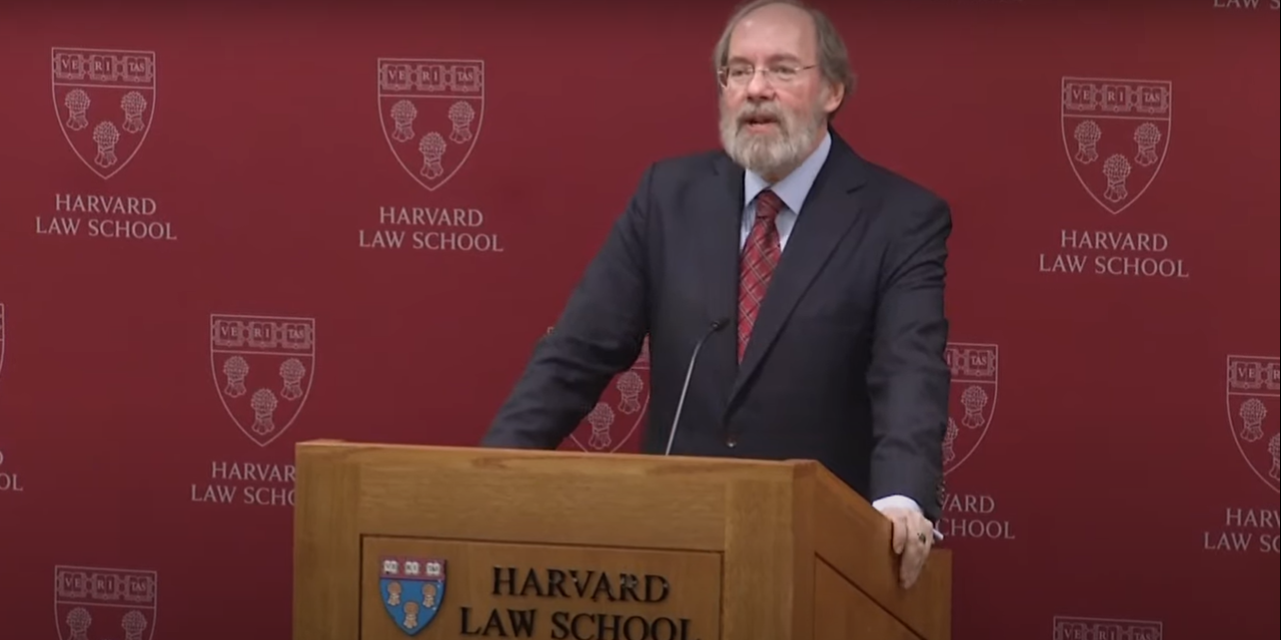A Chicago federal appeals court has ruled France, not the United States, is the place for the descendants of French Jews to sue the once collaborationist French National Railroad for taking Jews to Nazi concentration camps during World War II.
The Aug. 6 decision was written by Circuit Judge Frank Easterbrook with agreement from Circuit Judge Michael Scudder, of the U.S. Court of Appeals for the Seventh Circuit. Former Circuit Judge, now U.S. Supreme Court Associate Justice Amy Coney Barrett, heard arguments in the case, but did not participate in the decision.
The ruling went against Karen Scalin, Roland Cherrier and Josiane Piquard, in their putative class action against Societe Nationale des Chemins de fer Francais (SNCF), which has run French passenger rail lines since 1938.
Scalin lives in northern Illinois, while Cherrier and Piquard live in France. They said they all had relatives who died in Auschwitz.
During the Second World War, German forces occupied France and paid SNCF to transport 75,700 French Jews and others targeted by the Nazis, to labor and death camps, where many were murdered or died from harsh treatment. The collaborationist French government set up by the Nazis, known as Vichy France, also took part in rounding up Jews for the camps.
Plaintiffs filed their suit in 2015 in U.S. District Court for the Northern District of Illinois, seeking compensation from SNCF for the victims' property that was seized by SNCF and either used for its own benefit or handed over to the Nazis.
District Judge Andrea Wood dismissed the case in 2018, declaring plaintiffs must use a French administrative claims system that has been in place since 1999 to compensate victims of Nazism and the Vichy regime.
On appeal, Judge Easterbrook observed there were many places to begin in addressing problems with the suit.
"One can imagine many possible responses, including the statute of limitations. World War II ended more than 75 years ago. Then there is the fact that the complaint does not allege any misconduct within the United States or by a U.S. national. The crimes were committed in Europe, by Europeans, against Europeans. The only defendant, SNCF, operates its railroad in Europe and is not alleged to have committed any wrong in the United States," Easterbrook said.
However, Easterbrook noted the district judge did not toss the case on any of these grounds, but for the reason there already is a reparation mechanism in France. He agreed this was the route plaintiffs must follow, a route laid out by the U.S., France and other countries that fought Nazi Germany.
"We are reluctant to authorize litigation that calls into question the relations between the United States and one of its allies," Easterbrook said.
Easterbrook pointed out the executive branch, not the judicial, is responsible for foreign relations, adding, "One can only imagine the fury in this nation if a French judge were to prescribe how much the United States must pay, and to whom, for the removal of Japanese Americans from the West Coast during World War II or the Trail of Tears in the nineteenth century."
Plaintiffs have been represented by: the Chicago firm of Much Shelist; the New York City firm of Abbey Spanier; Tamen Law Offices, of New York City; and MoloLamken, which has offices in New York City, Chicago and Washington, D.C.
Societe Nationale has been defended by the Chicago firm of Scharf Banks Marmor and the global firm of Arnold & Porter Kaye Scholer, which is headquartered in Washington, D.C.
Serge Klarsfeld, a famed hunter of Nazi war criminals, asked to intervene in the case, but the suit was dismissed before his request was addressed. Klarsfeld said he wished to provide "historical context" to help the judge review plaintiffs' claims and preserve "historical accuracy."
The Representative Council of Jewish Institutions in France, a group that represents French Jews, filed a brief arguing for dismissal of the suit. The group has monitored French reparations for the Holocaust and helped France and the U.S. reach a reparations agreement.
The United States government also filed court papers supporting dismissal, saying Holocaust-related claims should not be addressed in U.S. courts, but instead via "mechanisms established through dialogue, negotiation, and cooperation."
